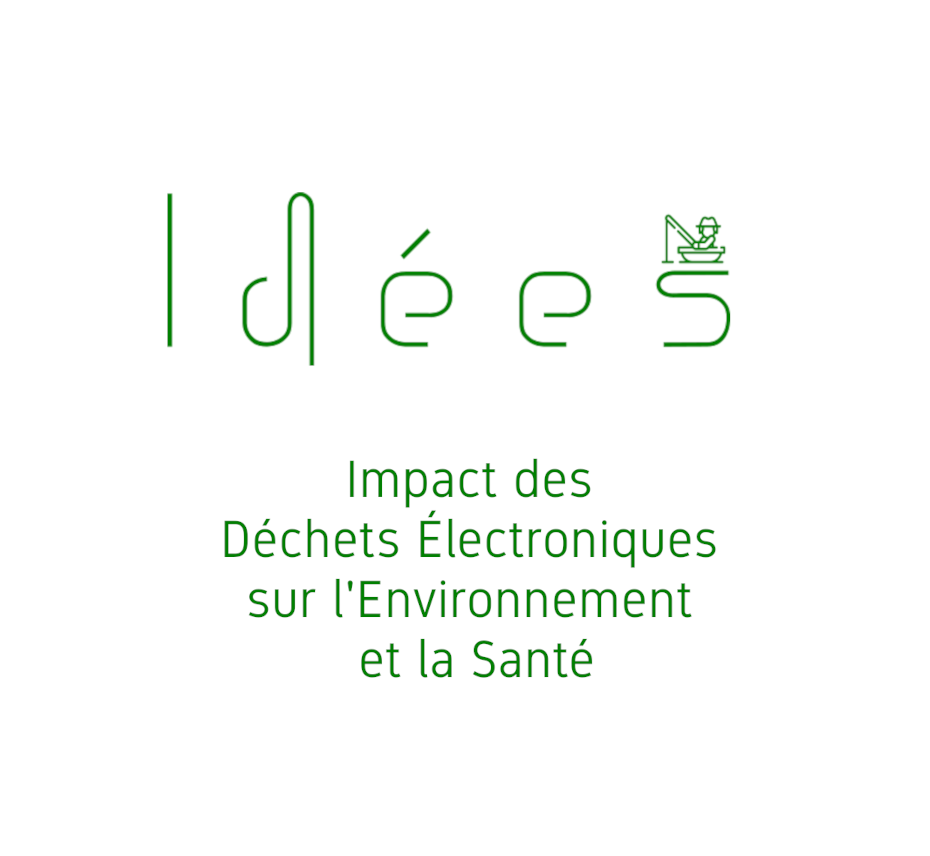
IDÉES – Impact of e-waste on the environment and health
We live in times where there are many challenges and it is difficult to decide from where to face them.
Specialised training has been promoted, which isolated some areas of knowledge from others, but now we realise that there is no isolated knowledge, but that ones are connected with others, and all of them are necessary. The view has to be transdisciplinary, and different perspectives are necessary when thinking and searching for solutions. There is no single true way of facing a challenge, but many, and it is from this perspective that we are launching the IDÉES project.
IDÉES is framed within technocolonialism, but specifically studies the impact of electronic waste on the environment and health. This is a project that seeks to think about the relationship between technology and the environment, with the health of people and all living beings affected forming part of this relationship. But, believing that this transdisciplinarity is necessary, the project proposes the confluence of participatory citizen research and the language of the performing arts, seeks a scientific understanding of the impact of electronic waste accompanied by a performative expression that facilitates this understanding, with the intention of not seeing rational thought and sensory perception as antagonistic.
IDÉES aims to work directly with affected communities, mainly women and children, which are the most affected according to the WHO report, but also with workers in the informal dismantling of e-waste.
The project is an ecosystem of technologists, artists, scientists and researchers who help understand the key environmental and health impacts of e-waste and together we can create an umbilical cord between the knowledge explored in academia and the existing knowledge on the ground, through the use of living arts.
While the first objective is to raise awareness and understand what happens to our bodies in contact with dead technology, either through external exposure or through inhalation and ingestion via the food chain. We also have a vision of how to go beyond awareness-raising to a social and solidarity economy, but we will explain that link on another occasion.
We are now in the launching phase of the project, doing the visual awareness campaign, and we will keep you informed of all the activities as they are carried out.